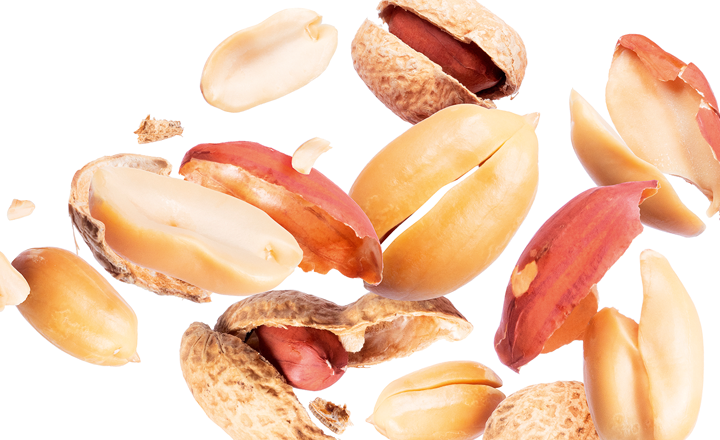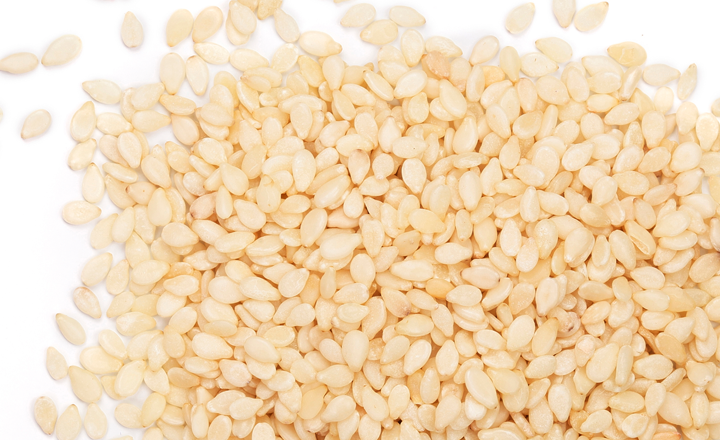Fish, molluscs and crustaceans: allergen advice for caterers
Our allergen series looks at all things from the sea – the watch-outs and easy substitutions
Nut, peanut and sesame allergies usually present first in young children, however, increasing numbers of adults suffer too. And just because you have a reaction to one type of nut or seed, it doesn’t mean a person will be allergic to all of them.
These three allergies can be very serious and are becoming more common. They can cause a life-threatening anaphylactic reaction that requires immediate, emergency treatment.
Sesame seeds, now one of the top 10 causes of food allergies, are present in bakery, pre-packed foods and even drinks; however, there are plenty of delicious, safe alternatives packed with texture and taste.
Peanuts grow underground and are a legume from a different family of plants to tree nuts. They cause an allergic reaction when the immune system reacts to the protein in them. This affects one in 50 children in the UK and is on the rise, with only one in five outgrowing it.
Cross-contamination can occur when a nut-free food comes into contact with even the smallest trace of nut protein during manufacturing, storage or preparation.
People with an existing peanut allergy are around 40% more likely to develop a tree nut allergy, as similar proteins are found in both.

Having a tree nut allergy does not automatically mean an allergy to peanuts, although it is not uncommon to be allergic to both. Allergies to tree nuts tend to be persistent and it is rare for people to grow out of them.
Tree nuts such as almonds, Brazil nuts, cashews, hazelnuts, macadamias, pecans, pistachios and walnuts are widely used in many cuisines, including Chinese, Indian and Thai.
Mild and sweet sesame seeds come from the sesame fruit, which grows on the sesame plant and is native to Asia and East Africa.
The increasing popularity of sesame in dishes such as hummus explain why more and more children are developing this once rare allergy. It may not receive as much publicity as a peanut allergy, but is no less serious.
The seed in itself is not allergenic, but if it’s broken or squashed to make a paste or sesame snacks, the allergy-causing protein is released.

Sign in to save topics you love, and build your archive of events, menus and articles.